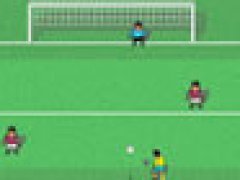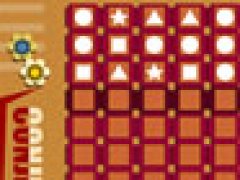Chinese Sudoku
Sudoku, sometimes spelled Su Doku, is a placement puzzle, also known as Number Place in the United States. The aim of the puzzle is to enter a numeral from 1 through 9 in each cell of a grid, most frequently a 9?9 grid made up of 3?3 subgrids (called "regions"), starting with various numerals given in some cells (the "givens"). Each row, column and region must contain only one instance of each numeral. Completing the puzzle requires patience and logical ability. Its grid layout is reminiscent of other newspaper puzzles like crosswords and chess problems. The puzzle initially became popular in Japan in 1986 and attained international popularity in 2005. The word Sudoku means "numbers singly" in Japanese. The numerals in Sudoku puzzles are used for convenience; arithmetic relationships between numerals are absolutely irrelevant. Any set of distinct symbols will do; letters, shapes, or colours may be used without altering the rules. The attraction of the puzzle is that the completion rules are simple, yet the line of reasoning required to reach the completion may be difficult. It is recommended by some teachers as an exercise in logical reasoning. The level of difficulty of the puzzles can be selected to suit the audience. The puzzles are often available free from published sources and also may be custom-generated using software.













Comments